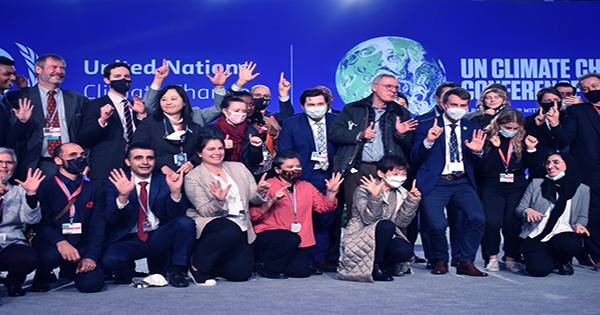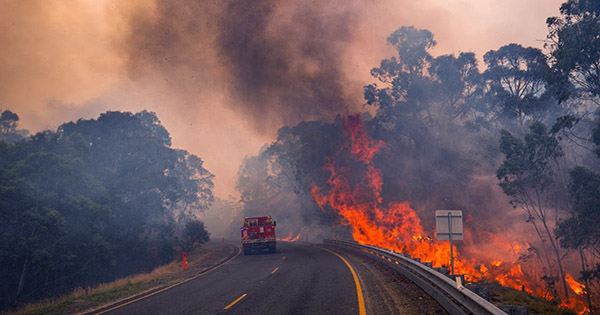The United States and China have pledged a joint effort to combat the climate issue at COP26, which is a startling step. Many have hailed the deal as a positive step because the two countries are the world’s two largest producers of greenhouse gases. Given the two countries’ simmering geopolitical tensions, the accord came as a welcome surprise. Nonetheless, some have cautioned that the two must now “walk the walk” and continue to press for further action.
At the COP26 climate meetings in Glasgow, US special presidential climate envoy John Kerry and China’s special climate envoy Xie Zhenhua announced the framework agreement.
In the 2020s, the two nations will step up their efforts to reduce emissions, transition away from fossil fuels, and strengthen climate action, with the ultimate aim of reducing global temperature rises to 1.5°C over pre-industrial levels.
They hope to maximize “the social advantages of the clean energy transition” by developing carbon capture technology that actively removes greenhouse gases from the environment. Part of the agreement also said that more needed to done to end worldwide unlawful deforestation and prohibit illicit imports.
The present climate summit in Glasgow has already drawn criticism for not being bold or aggressive enough, particularly in terms of the urgently needed short-term initiatives. This new joint accord, reassuringly, calls for efforts that are more aggressive in the 2020s.
However, there are still numerous obstacles to overcome. Both governments will encounter opposition to their intentions in their own countries, but they must also follow through on their commitments. Some have also claimed that, while their commitments appreciated, they do not go far enough.
“The climate problem can only be solved if the United States and China work together urgently to reduce emissions to a 1.5°C trajectory,” Jennifer Morgan, Greenpeace International Executive Director, said in a statement.
“Their declaration acknowledges that the 1.5°C goal is at the heart of any viable climate strategy, and they define the 2020s as the decade in which meaningful action is needed.”
Those are important considerations, particularly for these two countries. “However, their declaration falls short of the request by climate-vulnerable countries to return to the table every year with increased ambition until the 1.5°C gap is filled,” Morgan concluded. IFLScience spoke with Belinda Schäpe, an EU-China Climate Diplomacy Researcher at the climate think tank E3G: “Despite their tense bilateral relationship, both countries acknowledge the urgency of the climate crisis in the declaration and commit to cooperating on this issue, which is a positive political signal. This has the potential to result in concrete measures in the future; beginning with the first meeting scheduled for the first half of 2022.”
















